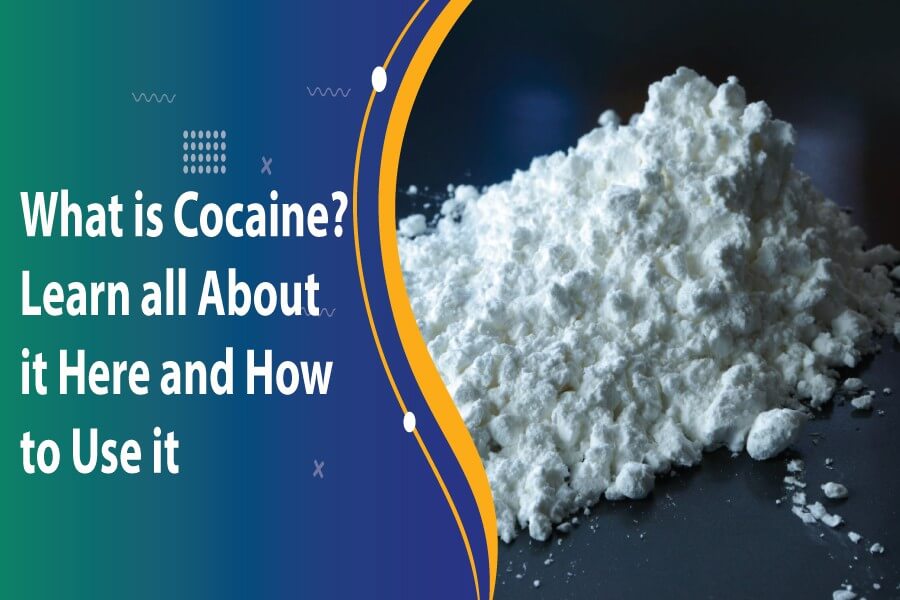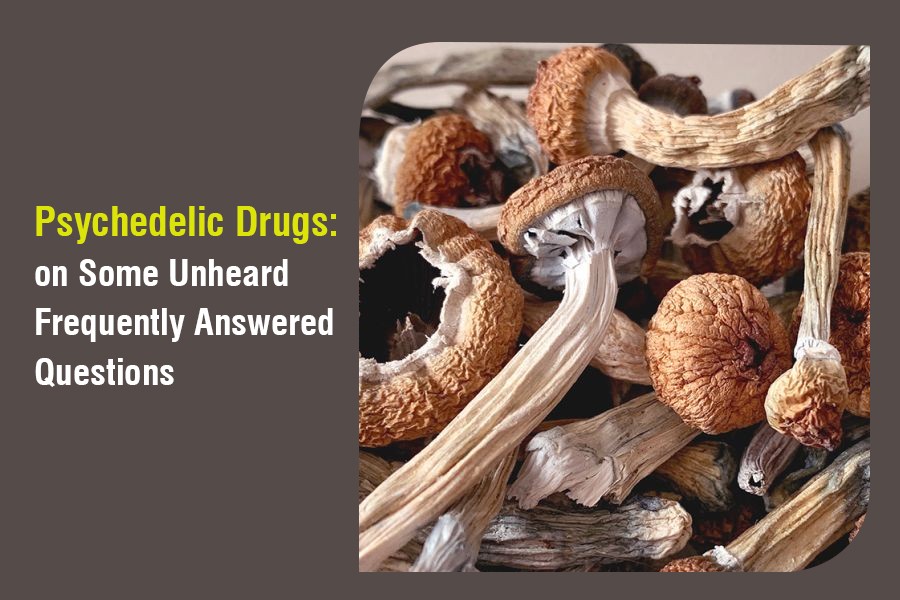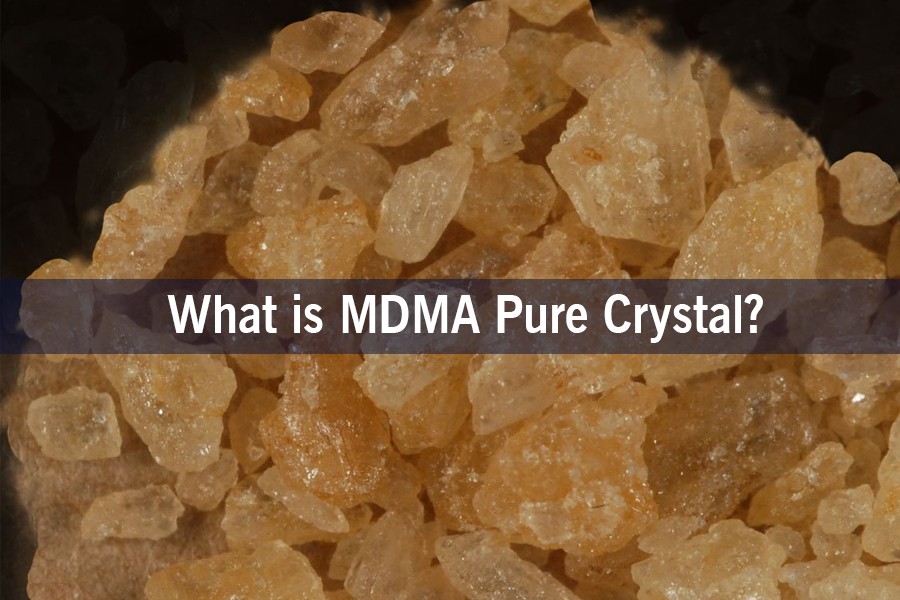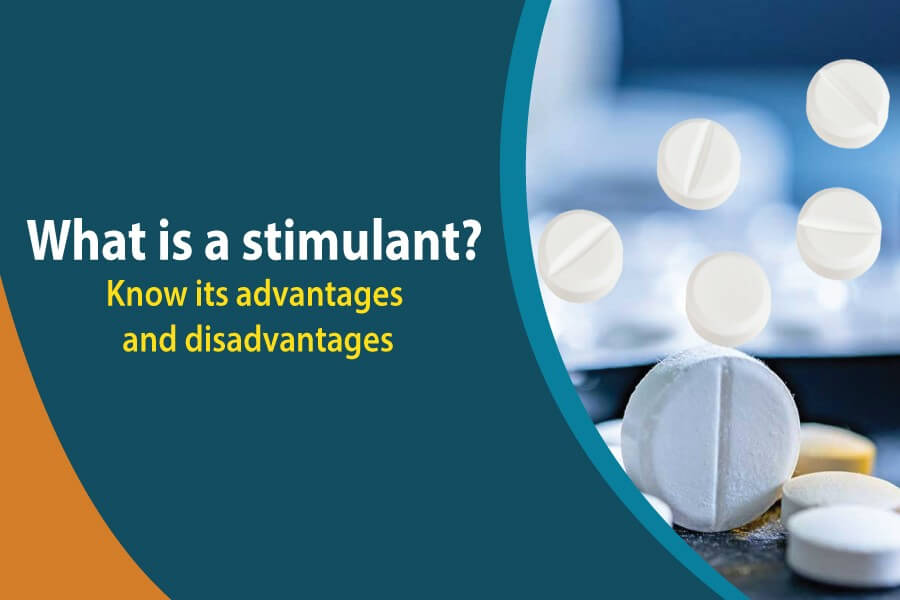
Stimulants drugs are a class of drugs that act on the central nervous system, specifically targeting the brain and spinal cord. They are known for their ability to increase alertness, attention, and energy levels while creating a state of heightened mental and physical activity. Common examples of stimulants include caffeine, nicotine, amphetamines, and cocaine. They can be found in various forms such as tablets, capsules, powders, or liquids and can be used medically for conditions such as attention deficit hyperactivity disorder (ADHD), narcolepsy, and obesity. To know more about it keep reading our blog!
Pros and Cons Of Stimulants
What is a stimulant? Know its advantages and disadvantages, Here are some of the pros and cons of stimulant use:
Pros:
- Increased alertness: cns stimulant drugs can enhance focus and concentration, helping individuals stay more attentive and alert.
- Improved productivity: Many stimulants provide a surge of energy, helping individuals feel more motivated and productive. This can be beneficial for studying, working long hours, or completing demanding tasks.
- Weight management: Some stimulants, such as amphetamines, have appetite-suppressing effects. This can be advantageous for individuals seeking to manage their weight or control overeating
Cons:
- Dependence and addiction: Stimulants have a high potential for abuse and addiction. Prolonged or misuse of these drugs can lead to dependence, requiring higher doses to achieve the desired effects and leading to withdrawal symptoms when not taken.
- Negative side effects: Stimulants can cause a range of adverse effects, including increased heart rate, elevated blood pressure, insomnia, anxiety, irritability, and decreased appetite. These side effects can vary in severity and vary depending on the individual and the drug used.
- Potential for misuse: Stimulants are frequently misused and illegally obtained for their euphoric or performance-enhancing effects. Non-medical use of stimulants can have detrimental consequences on physical and mental health and can lead to legal troubles.
Uses of Stimulants
Stimulants, such as amphetamines and methylphenidate, are commonly used in medicine for various therapeutic purposes. Some of the medical uses of stimulants include:
- Attention deficit hyperactivity disorder (ADHD) treatment: Stimulants are often prescribed to individuals with ADHD to help improve their focus, attention span, and control impulsive behavior. These medications can enhance cognitive function and reduce hyperactivity in people with this condition.
- Narcolepsy management: Stimulants are used to treat narcolepsy, a sleep disorder characterized by excessive daytime sleepiness and sudden, uncontrollable sleep attacks. By stimulating wakefulness, these medications can help individuals with narcolepsy stay alert and combat excessive sleepiness.
- Weight loss: Some stimulants, such as phentermine, may be prescribed as short-term appetite suppressants to aid in weight loss. These medications work by decreasing appetite and increasing metabolism, resulting in decreased food intake and potential weight loss.
- Asthma treatment: Certain stimulants, such as theophylline, are used in the treatment of asthma and other respiratory conditions. They help relax bronchial smooth muscles and reduce airway constriction, thus improving breathing.
Recreational Uses:
Outside of their legitimate medical applications, stimulants are frequently misused for recreational purposes. Some common recreational uses of stimulants include:
- Party or club drugs: Certain stimulants, like MDMA (ecstasy) or cocaine, may be used recreationally in party and club settings to enhance energy, mood, and sociability. However, these substances can be highly addictive and may lead to adverse effects on physical and mental health.
- Performance enhancement: Some individuals misuse stimulants, particularly amphetamines, in an attempt to enhance their performance in activities requiring sustained focus and heightened energy, such as studying, sports, or work. However, using these drugs for this purpose is dangerous and can have detrimental effects on physical and mental well-being.
- Stay awake or increase productivity: In certain situations, individuals may misuse stimulants to stay awake for extended periods or to increase productivity. This is often seen in demanding professions or among students during exams.
Safety Use Of Stimulants
Here are some safety guidelines for the use of stimulants:
- Consult a healthcare professional: Before starting any medication, it is important to consult a healthcare professional, such as a doctor or psychiatrist. They can evaluate your condition, provide a proper diagnosis, and recommend the appropriate stimulant medication.
- Follow dosage instructions: Stimulant medications should be taken exactly as prescribed by your healthcare professional. Do not exceed the recommended dosage or take the medication for longer than prescribed.
- Watch for side effects: Common side effects of stimulant use include increased heart rate, elevated blood pressure, irritability, decreased appetite, and difficulty sleeping. If you experience any severe or persistent side effects, notify your healthcare professional.
Where To Buy Stimulants?
You can buy stimulants online at fantastichems.com.



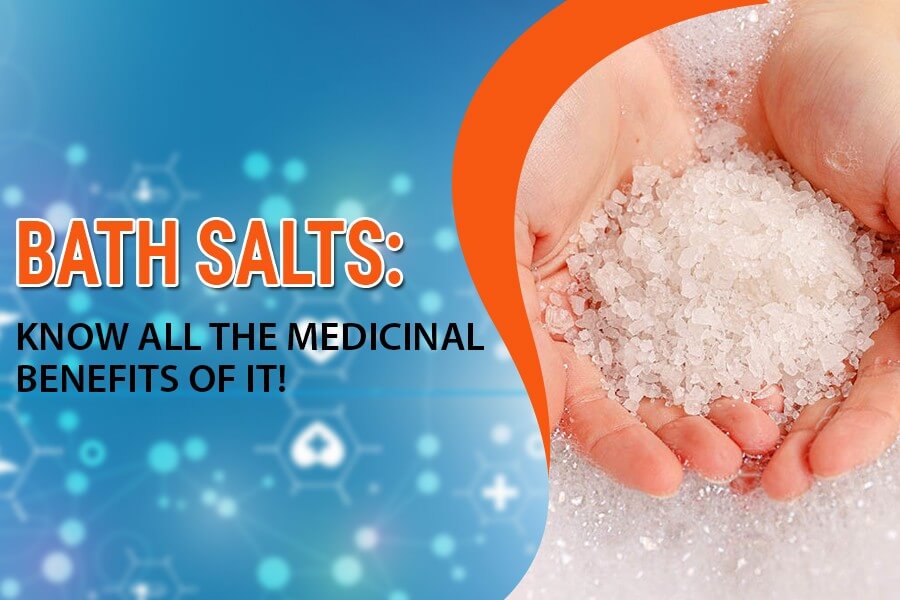


.jpg)

